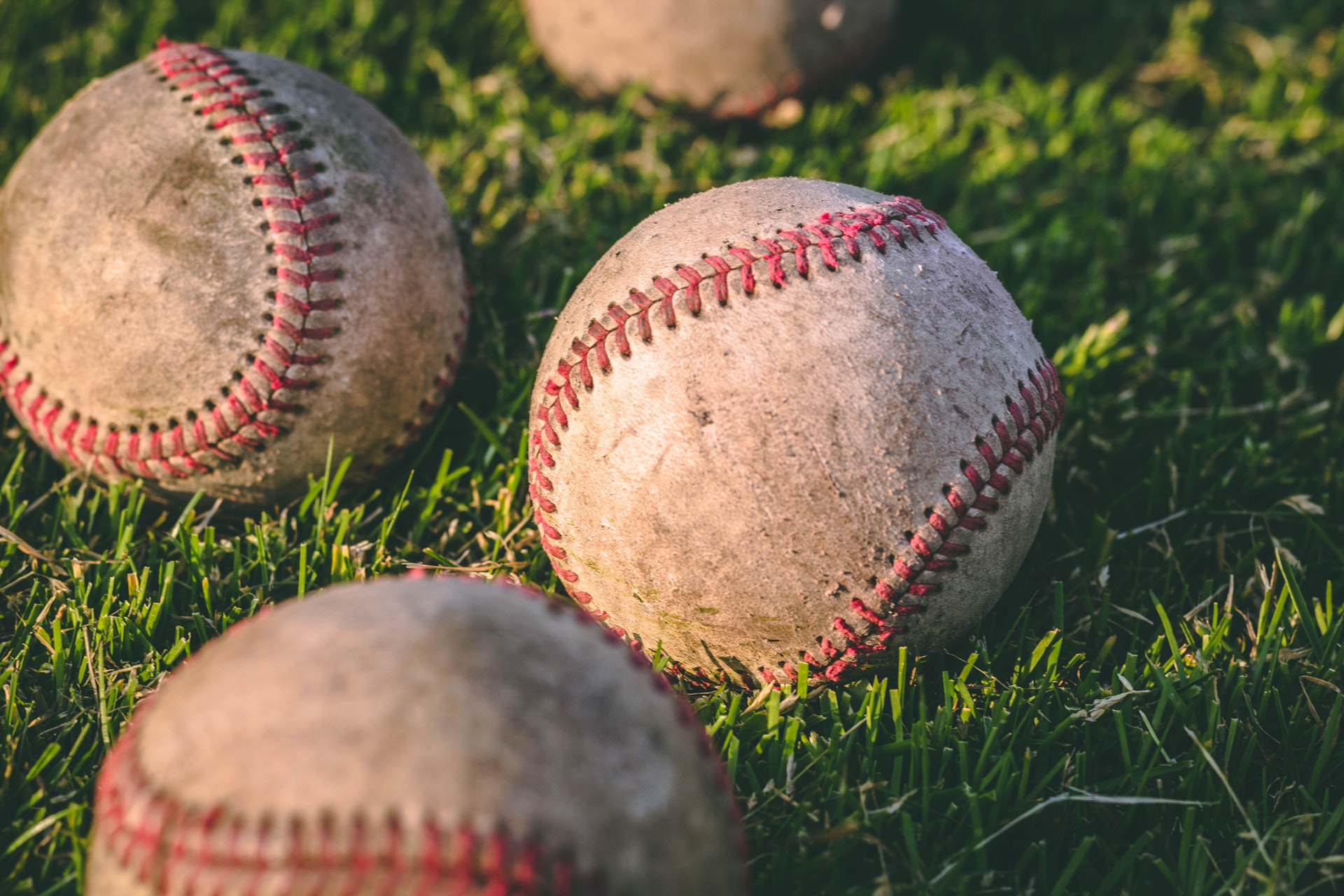There are many clients in the sports industry that need legal representation. Though working in one specific industry, sports lawyers could be exposed to a variety of athletes, stadium owners, clubs, teams, sports organizations, and sports-related businesses. Sports lawyers are also involved in a wide variety of areas of law – from their knowledge of contracts to personal injury law to even immigration law for foreign athletes, there are many overlapping skill sets a sports lawyer must possess.
Some of the issues a sports lawyer might address include banned substances, NCAA regulations on practice schedules, representation of an athlete facing criminal charges, enforcing a team’s trademark rights, an athlete’s personal injury, a venue’s negligent conduct resulting in a fan’s injury, and contract negotiation for a professional athlete. That’s just to name a few! Some lawyers may choose to specialize in a sub-area of sports law; for example, a lawyer may primarily handle contract negotiation.
Contrary to popular belief, sports lawyers are not just representing high-profile athletes and teams. There are plenty of lesser-known but still fascinating clients to work for.
Education and Background:
Professional Leagues such as Major League Baseball, Major League Soccer, the National Football League, and the United States Tennis Association offer internships, as do some sports news places like CBS College Sports Network and Fox Sports Network.
Sports law is an area where you just have to “climb the ladder”. Although you may not have a background in sports law other than taking a few classes in law school and potentially securing an internship in the area, starting off with smaller clients and proving your worth will allow you to build your practice over time. Unless you are an outstanding student from a top law school, you will likely not secure a job in BigLaw. However, there are plenty of other opportunities available working for smaller “boutique” firms specializing in sports law.
Getting a job:
Working in-house for a sports organization will expose you to a wide variety of issues within sports law; on the other hand, there may also be benefits to working for a law firm and choosing to specialize in one specific sub-area of sports law.
If you work for a certain professional sports team or athlete, you may need to be geographically located where that team operates or person lives.
Average salary:
How much sports lawyers make greatly varies. While many receive a fixed salary, others get a percentage of the value of the contract negotiated. In that case, lawyers just starting out will likely make a low salary. However, working for a well-known sports team or for a star-athlete could mean a salary of up to a million dollars (Trente).
Would you like this practice area?
Sports law can be both fun and challenging. For those who have a passion for sports, getting to work in the industry can be a thrilling experience. However, strong reading, writing, researching, and speaking skills are still necessary. One of the most important parts of this area of law is “knowing a little about a lot.”
Consider whether these articles interest you:
Rugby union – is the practice and expression of religious beliefs compatible with professional playing obligations? (Collins)
“The decision by Israel Folau to contest the termination of his employment contract by Rugby Australia and the New South Wales Rugby Union has brought into focus the potential conflict between a professional sportsperson’s right to express and practice their religious beliefs, and the simultaneous obligations they owe to their employer (whether express or implied) to conduct themselves in a manner that does not bring their sport or team into disrepute.”
Read more
Former NFL Defensive End Appeals to Third Circuit in Concussion Lawsuit (Hanna)
“Amon Gordon, a 37-year-old former NFL defensive end, appealed to the Third Circuit in his legal battle against the NFL for not alerting its players of the long-term medical impact of concussions. Specifically, Gordon played eight seasons in the NFL
and is fighting for his entitlement to a 2015 uncapped settlement of roughly 20,000 players to awards of up to $5 million, depending on the age and severity of their football-related injuries,
according to Law360.”
Read more
City of Phanatic Love: Phillies Face Lawsuit Over Beloved Mascot (Osborne)
“He’s green, a little mean, and often obscene – it’s the mascot everyone loves to hate, the infamous Phillie Phanatic. After the
filing of a new federal lawsuit, however, there’s an ominous question looming of whether the 41-year-old relationship will continue in the city of brotherly love. Back on August 2, 2019, the Philadelphia Phillies filed a copyright lawsuit in federal court against Harrison/Erickson, Inc. (H/E) over the future use of the Phanatic as a mascot.”
Read more
Conclusion:
If you have a passion for working in the sports industry and also possess a wide array of legal knowledge about various areas, sports law might be for you.



























